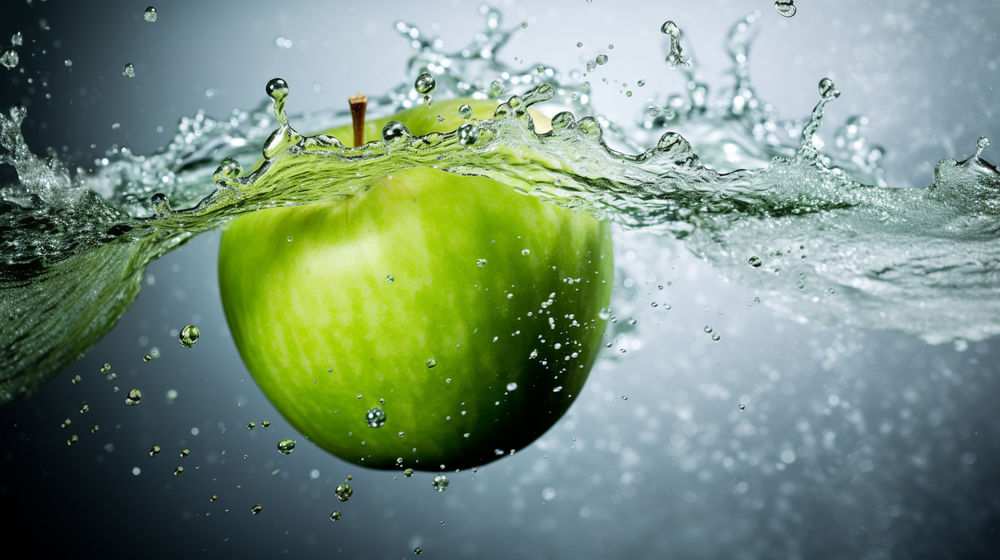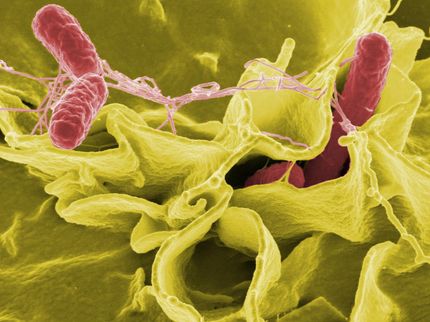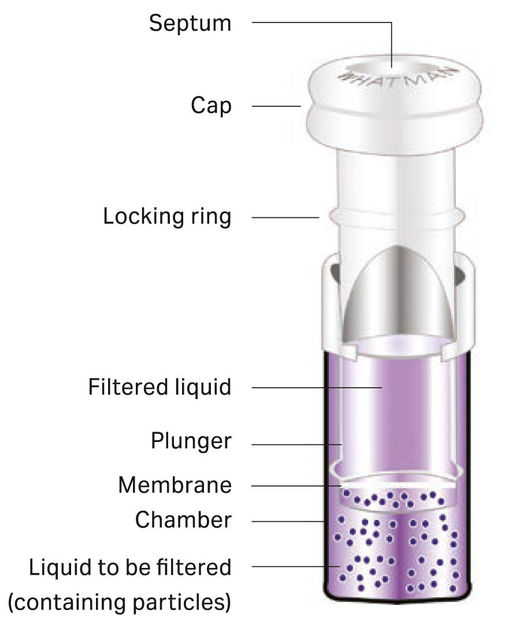Campylobacter – the germ on chicken eggs
Advertisement
The most important bacterial diarrhoea pathogen can be transmitted via eggshells – but protection is possible

PublicDomainPictures/ Pixabay
Eggs are a popular food. In fact, Germans consumed almost 20 billion of them in 2016, which equates to a per capita consumption of 235 eggs. It is therefore easy to understand why the detection of chemicals in eggs, such as the insecticide fipronil recently, caused quite a stir, not to say an outrage. What is largely unknown, though, is that the most common bacterial pathogen for food infections is also to be found on chicken eggs. We are talking about Campylobacter bacteria, which cause intestinal inflammation (enteritis) accompanied by stomach ache, fever and – sometimes even bloody – diarrhoea. The German Federal Institute for Risk Assessment (BfR) has now determined the level of knowledge about the occurrence of Campylobacter on chicken eggs and is giving advice on how infections can be prevented.
Roughly 70,000 cases of Campylobacter enteritis are reported to the Robert Koch-Institute every year, with a slight increase expected. Furthermore, there is a large number of unreported cases. The disease- induced by bacteria usually originates from chicken intestines in which they live but cannot cause harm. These bacteria are often transferred to humans via insufficiently cooked chicken meat. Although the infection risk through chicken eggs is estimated to be much lower, infection can be spread through bacteria-containing excrement which sticks to the eggshell. Food companies should therefore reduce the contamination of chicken eggs with chicken excrement through hygiene measures during production and packaging.
“The risk of infection can be reduced even further by maintaining good kitchen hygiene,” explains BfR President, Professor Dr. Dr. Andreas Hensel. “Kitchen utensils and hands should be washed thoroughly after contact with raw eggs. And if dishes that have been prepared with eggs are heated sufficiently, Campylobacter and other disease pathogens are killed reliably.”
Other news from the department business & finance
Most read news
More news from our other portals
See the theme worlds for related content
Topic world Hygiene
Hygiene is the foundation of the food and beverage industry. Hygiene technology ensures that products are not only tasty, but most importantly, safe for consumption. From advanced cleaning processes to sterile filling techniques, the industry is constantly setting new standards to prevent contamination and the growth of microorganisms.

Topic world Hygiene
Hygiene is the foundation of the food and beverage industry. Hygiene technology ensures that products are not only tasty, but most importantly, safe for consumption. From advanced cleaning processes to sterile filling techniques, the industry is constantly setting new standards to prevent contamination and the growth of microorganisms.

































































